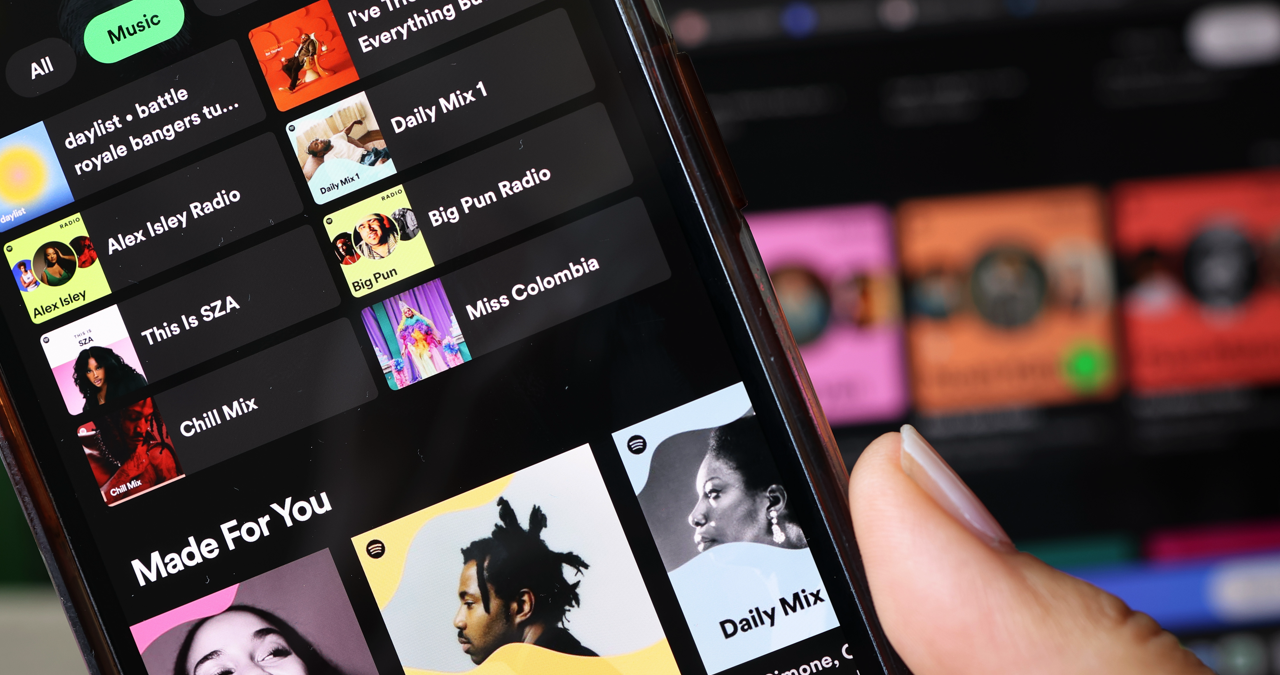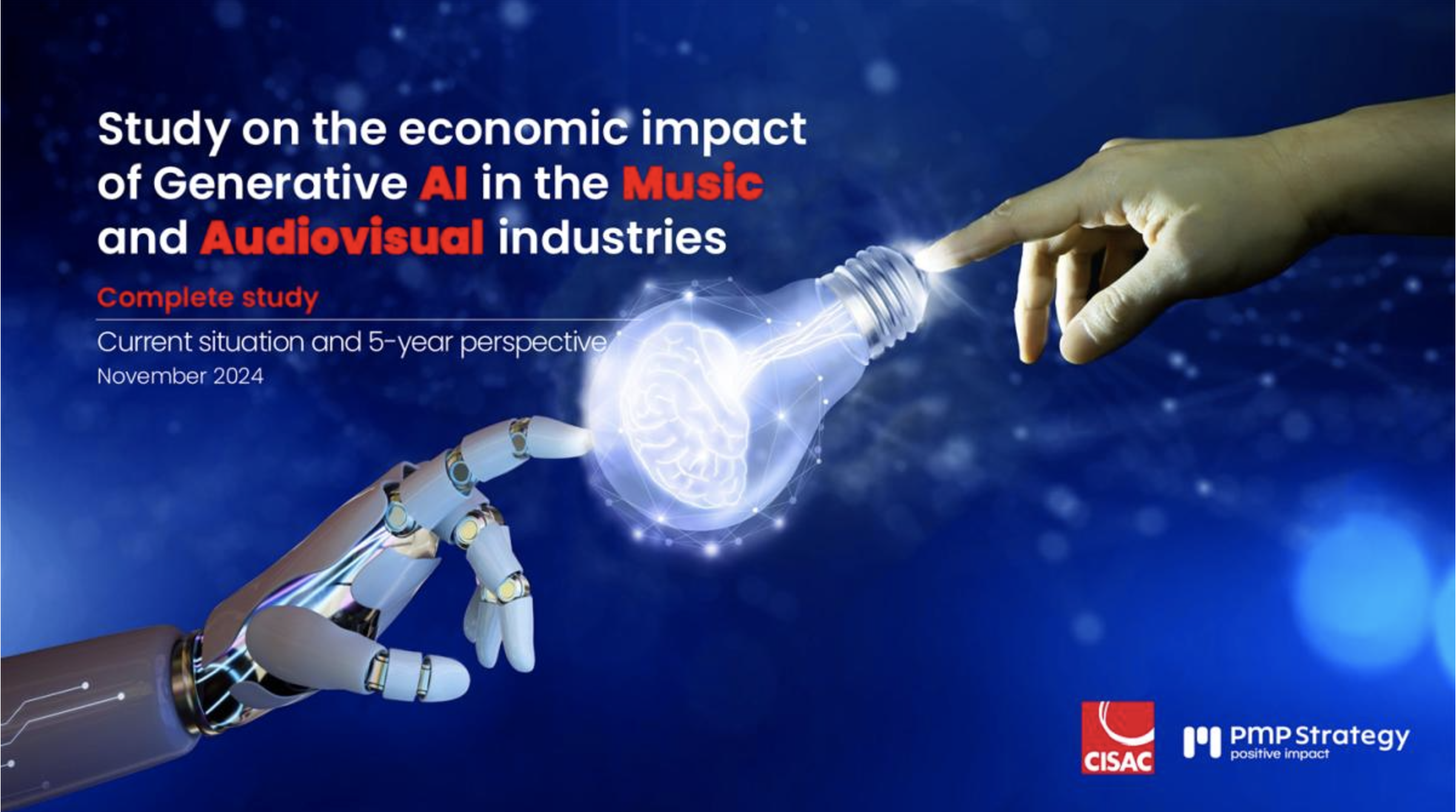
It's hard enough being a music creator on the cusp of the mid-point of the 2020s, but new data, revealed as a result of a report from the International Confederation of Societies of Authors and Composers (CISAC) has indicated that by 2028, those working in the music sector will lose almost a quarter of their income due to the inexorable rise of generative AI. Yikes.
CISAC's report also found that people who work within the audiovisual sector will also see an income reduction by more than 20% as the market for generative AI expands from €3bn ($4.9bn) per year to an estimated €64bn by 2028.
The report's conclusion spells out just why this will happen: “In an unchanged regulatory framework, creators will actually suffer losses on two fronts: the loss of revenues due to the unauthorised use of their works by Gen AI models without remuneration; and replacement of their traditional revenue streams due to the substitution effect of AI-generated outputs, competing against human-made works”.
The confederation - whose president, ABBA's Björn Ulvaeus - strongly stresses that greater regulation is needed to prevent income streams for legitimate creators from drying up. Ulvaeus states; "For creators of all kinds, from songwriters to film directors, screenwriters to film composers, AI has the power to unlock new and exciting opportunities - but we have to accept that, if badly regulated, generative AI also has the power to cause great damage to human creators, to their careers and livelihoods. Which of these two scenarios will be the outcome? This will be determined in large part by the choices made policy makers, in legislative reviews that are going on across the world right now. It’s critical that we get these regulations right, protect creators’ rights and help develop an AI environment that safeguards human creativity and culture."

It's over in Australia and New Zealand that Björn points to as leading the way in regards to regulating and ring-fencing creator's incomes; “In Australia, the new senate select committee on AI report is encouraging and promising. By setting a gold standard in AI policy, one that protects creators’ rights while fostering responsible and innovative technological development, Australia and New Zealand can ensure that AI serves as a tool to enhance human creativity rather than replace it."
This study has been the first ever commissioned to specifically estimate the economic fallout of generative AI on the music and audiovisual sectors across the globe. It has harnessed both qualitative and quantitive research, and incorporates case studies to focus in on the areas of greatest impact. It's then processed these impacts in the form of economic estimates.
Can we expect streaming platforms themselves to be more selective of the types of music they allow on their platform? Fat chance, if Spotify's recent decision to embrace AI music is anything to go by
It's the latest finding in a series of reports that warn of the potential dangers of the onrush of AI as it continues to flood spaces previously the province of human creators.
Head over to CISAC's website to read the full report







